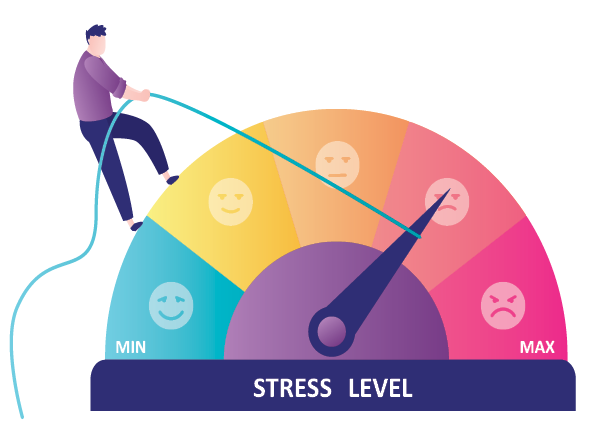
3 minute read
A Guide to Achieving Mindful Mastery
EMOTIONAL SELF-REGULATION:
A Guide to Achieving Mindful Mastery
BY SHAWN MATTHEWS
Self-regulation is control over thoughts, emotions, behaviours, and decisions making.
Consider a machine, such as a car: it requires fuel to run and regular maintenance to stay in good working condition.
Our brain is a cognitive machinery with resources to run smoothly and effectively. Another way of thinking of selfregulation is self-control.
Self-regulation is essential for adaptive functioning, social interaction, and overall wellbeing. Think of your mind as a control room and there are many parts moving in so many directions and you need to control the functioning of it. There is a part of our brain which is called the executive function, which directs the rest of your mind and conscious of the body.
Here are 4 main areas that help us to self-regulate:
1. Attention Control – Have you ever tried not to think about something and that’s all you can think about? This is thought suppression. Attention control is when you can pay attention to something, or you choose not to, and ignore it. It’s our ability to concentrate.
2. Emotional Regulation –Think about the last time you were angry in a public space, and you knew that it wasn’t the right place to voice the anger, this is emotional regulation.
3. Impulse Override – Have a think about when you wanted a piece of chocolate cake and you either went for the cake or you stop yourself from eating it because you want to reduce your sugar intake.
4. Behaviour Modification – It focuses on changing and improving a certain behaviour. This is based on the belief that the behaviour is learned, and it can be modified using different strategies and interventions. When all these become depleted then the decisionmaking process becomes more challenging, therefore you become tired and less likely to concentrate.
Self-regulation is essential for adaptive functioning, social interaction, and overall well-being.
Here are strategies to enhance self-regulation:
1. Mindfulness and Meditation: It can improve self-awareness, emotional regulation, and cognitive control. There are many mediations you can practice online. The other way to practice mindfulness is going to a yoga session or walking in nature.
2. Journalling and Reflection: This can help you recognise what happened throughout the day and what emotions came to the surface which made you feel a certain way.
3. Goal setting and Planning: Goal setting can help motivation and planning will help you stay organised and focused on what you want to achieve.
4. Coping Skills and Stress Management: Some coping skills may consist of box breathing when you feel like emotions are getting too much for you. This can calm your nervous system and help you relieve stress and anxiety.
5. Consistency and Routine: Being consistent with a routine can help you manage your emotions. It is like anything in life, if you are consistent with things, you become better and more resilient, therefore can handle situations better.
Enhancing self-regulation skills is a lifelong process that involves continuous learning, practice, and adaptation. By developing and strengthening self-regulation abilities, individuals can improve their capacity to navigate challenges, achieve goals, and lead a balanced and fulfilling life.
References: Psychology Today; www.kanopy.com/en/goldcoastlibrary/video/1237137/1237147










